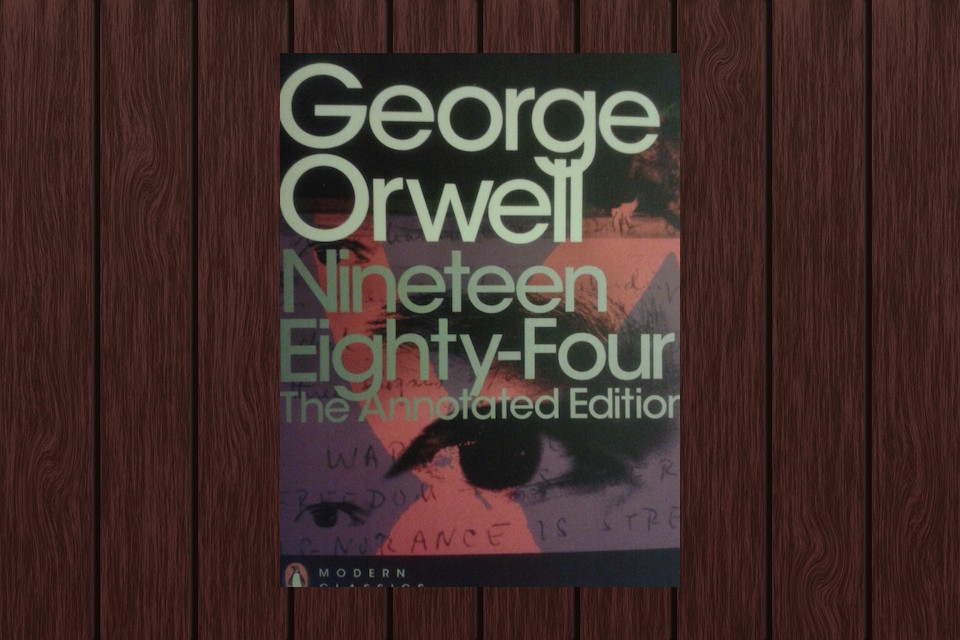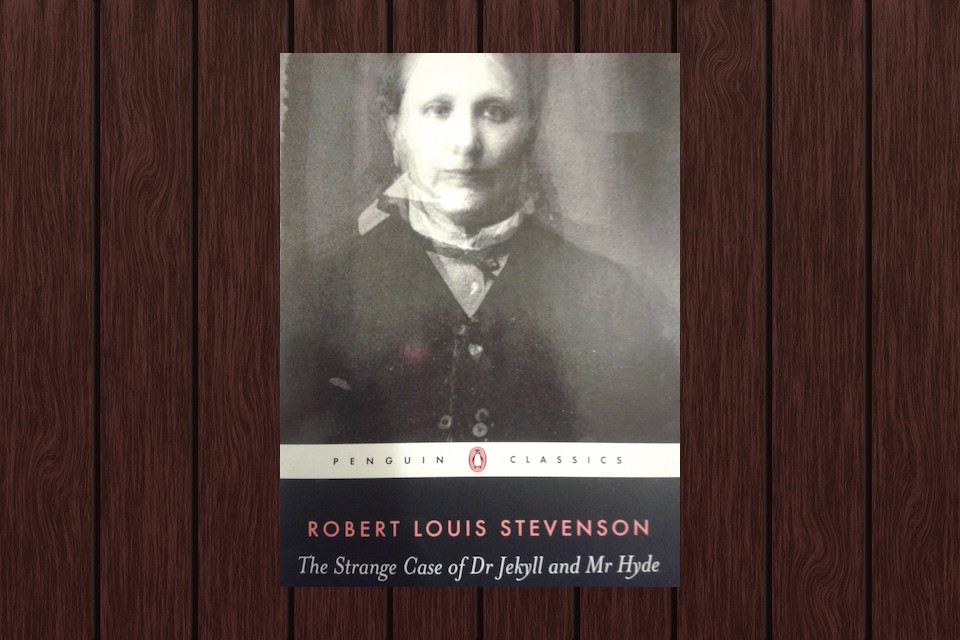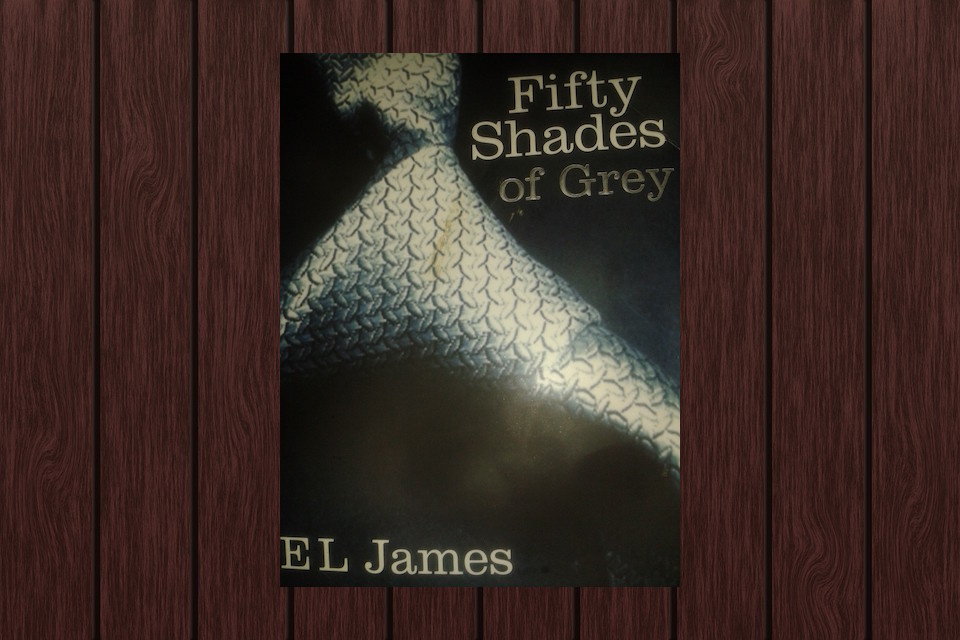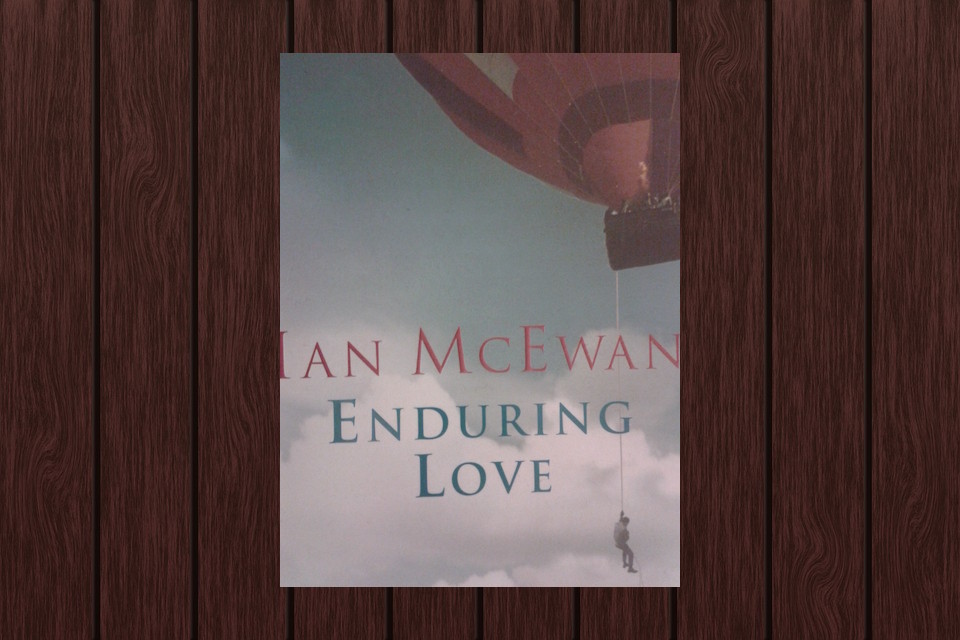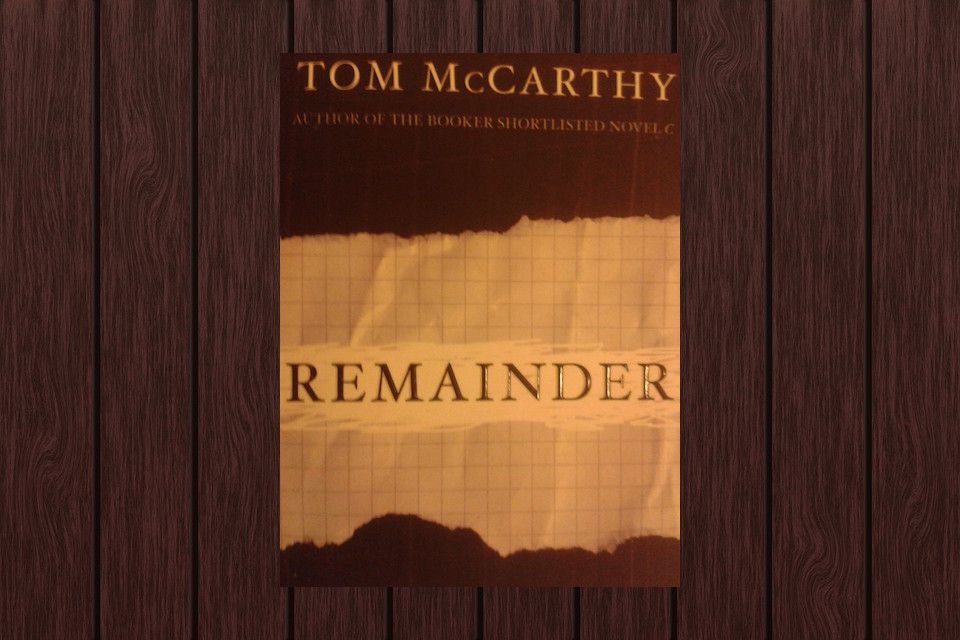
It was, initially, largely disregarded by many publishers in the UK. A major faux pas: they actually missed out on a unique, intriguing and thought-provoking novel, one that centres on time and chronology, memory and the subversion of Aristotelian arcs. Remainder is, and there’s not an easier way to say it, a comically surreal text that places you within the psyche of a hero who is uncertain of his past and future. It is, essentially, a novel that plays with the concept of a perpetual present, but to reduce it to this would also be an oversight. The hero isn’t simply stuck in the present, rather, he is looking to understand his past.
There’s a reason why McCarthy’s novel is so intriguing: we are expected to take the hand of a narrator who is unsure of himself, unsure of his own mind, because of his ‘vague images, half-impressions: of being, or having been – or, more precisely, being about to be – hit’ by a strange, unidentified piece of technology that falls from the sky. ‘But who’s to say that these are genuine memories?’ (5).
We are expected to follow a story that begins in medias res, (in the middle of things) – expected to witness our hero rewrite the tabula rasa that is his ruined mind whilst his gritty and determined mindset inevitably overhauls his reality, depending on your take on it . This is a rather fascinating, idiosyncratic journey for him, and for us, perhaps calling to mind a tamer version of the Bourne series (with much less of the thriller element, however, and more of the surreal, abstract meditations on the hero’s own psyche). We know that the journey will be somewhat mentally disturbing, and we are willing him to succeed. But what we don’t know is whether or not our hero will breakdown under the pressure of decoding his own obfuscated narration.
The novel’s pace is, initially, slow, speeding up when things begin to descend into surreal chaos, plateauing with a denouement that both satisfies and niggles. It plays on conventions of chronology, because it is a book about time, which is reflected in the extended middle and rather pithy conclusion. And a novel like this simply calls for clever things to be done with narratology: that McCarthy is reflecting content through structure is no mystery and is clear for us to see.
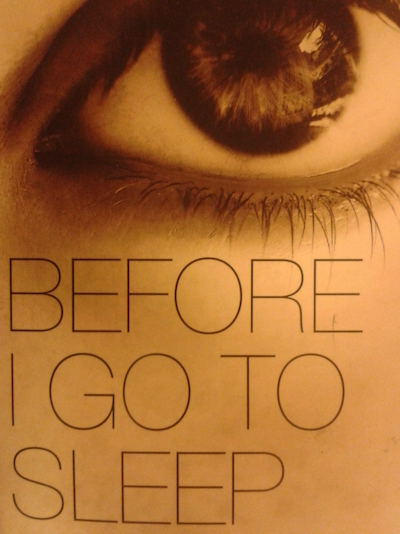
You might draw parallels with other things, too as you read it: memory and time are, themselves, fairly well-written about paradigms that have been explored in different ways, by different writers, in different mediums. It is for this reason that you might think of such writers as Proust or Nabokov, such cartoons as Family Guy (for it’s cut-aways), such films as The Truman Show, such modern thrillers as Before I go to Sleep (Watson). Its scenes within scenes become the tools through which our unnamed hero attempts to re-sculpt his own chronology, and he does this through repeating history – repeating his own recollections of his past.
The unique sights, smells and sounds of cats, cooking liver and residents within the building all coalesce into a world within a world: a world which is our hero’s, and a world which is his past and his present.
“What is it?” I asked him after several hours of whistling and crack-forming, rubbing over and reforming. “What’s what?” “That song.” “History Repeating,” he said. “By the Propellerheads.” He raised his eyebrows and his voice climbed as he half sang and half-spoke the line that he’d been whistling:
“ ‘ All just-a, little, bit-of, history re-peat-ing.’ See?” (Remainder, 122)
It really is a fascinating novel. Pick it up and read it.

